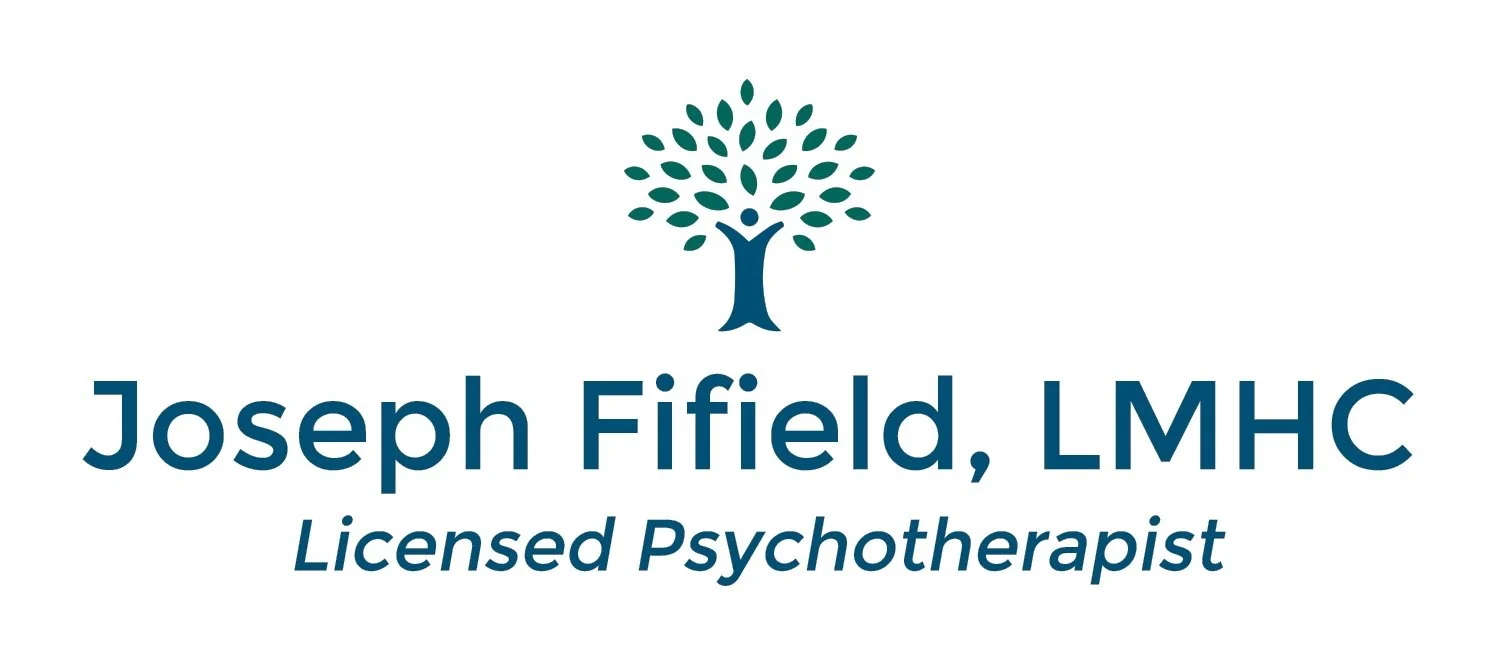Our therapists work with individuals in a safe and supportive environment. Therapy is always transparent and we strive to ensure that there is never any mysterious element to it. We encourage you to ask questions about therapy, your therapist's approach and whatever else is on your mind!
Our therapist's are active, warm, energetic and empathic. We utilize Cognitive Behavioral Therapy (CBT), Psychodynamic Psychotherapy, and Mindfulness (among others) to tailor treatment to your needs. Regardless of what brings you to treatment, we are committed to partnering with you to determine the approach best suited to your needs. We will focus on cultivating a respectful, collaborative, and connected partnership that will empower you to achieve your goals.
Some prefer a more open-ended style that focuses on issues that are the most urgent on that particular day or week. Others find highly structured sessions with clear and definable goals more consistent with their needs. Treatment structure, methods and goals are different for everyone and depend on a thorough exploration of your motivations, desires, goals and personal values.
More about CBT:
CBT helps us to understand how our thoughts influence our feelings and behaviors. These thoughts and feelings are often negative and serve to reinforce and compound faulty beliefs. This can result in problematic behaviors and can affect relationships, family, work, social situations and school.
In CBT, sessions are typically more structured and you will be tasked with applying what you have learned in real-life situations. If you are comfortable with self-analysis and introspection then CBT may be a good fit. Evidence of CBT’s effectiveness has been demonstrated through many studies. It has proven to be as effective as medication and the benefits have been shown to last longer.
More about Psychodynamic Psychotherapy:
Psychodynamic psychotherapy focuses on self-awareness and understanding how past experiences affect present behavior. The therapist facilitates self-exploration, examining emotional blind spots and understanding relationship patterns. Early life experiences and dysfunctional patterns that have developed over time are explored to gain insight into current problems. Recent studies show that Psychodynamic psychotherapy is effective for a wide range of mental health symptoms, including depression, anxiety, panic and stress-related physical ailments.
More about Mindfulness:
Mindfulness means maintaining a moment-by-moment awareness of our thoughts, feelings, bodily sensations, and surrounding environment. It also involves acceptance, meaning that we pay attention to our thoughts and feelings without judging them—without believing, for instance, that there’s a “right” or “wrong” way to think or feel in a given moment. When we practice mindfulness, our thoughts tune into what we’re sensing in the present moment rather than rehashing the past or imagining the future.
Many studies have documented the physical and mental health benefits of mindfulness in general, inspiring countless programs to adapt it for schools, prisons, hospitals, veterans centers, and beyond.

